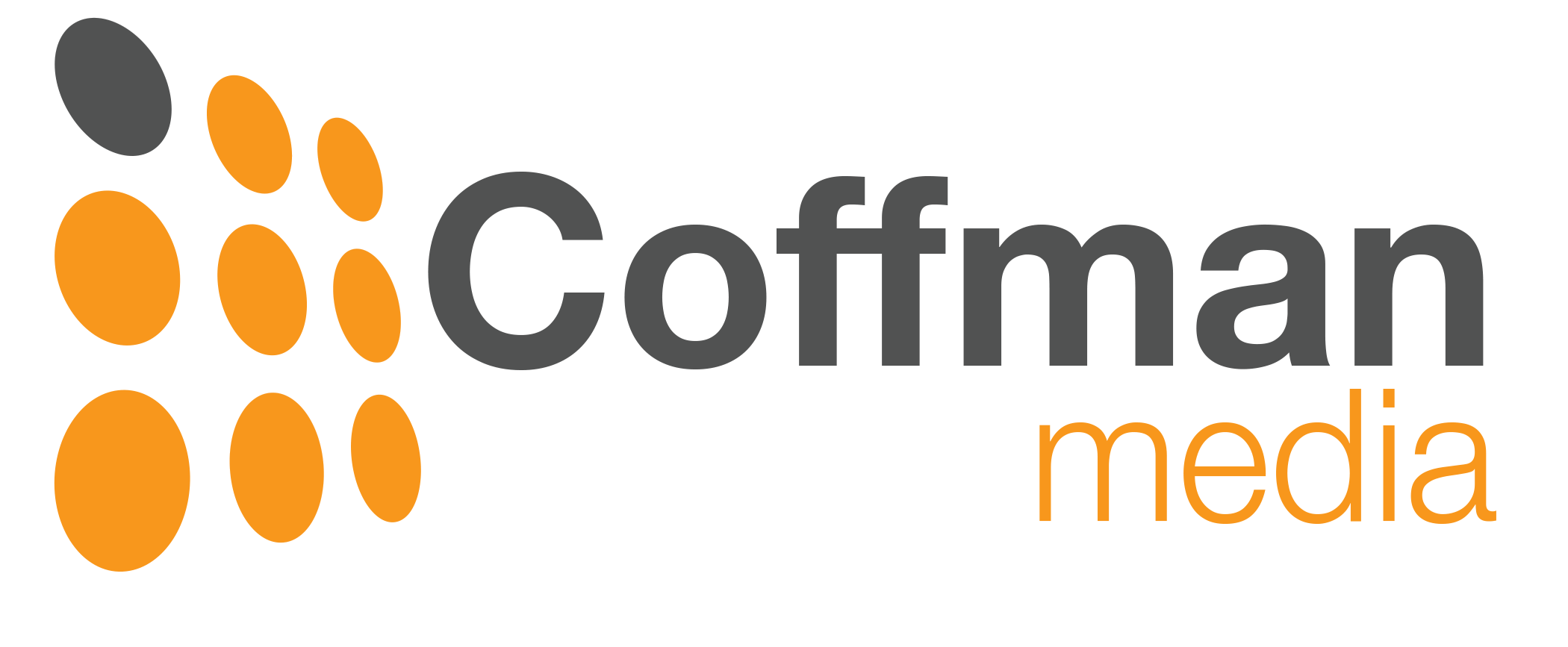Draper's StageScreen Saves Money, Adds Flexibility
SINCE WE INTRODUCED the StageScreen® and FocalPoint projection screens a few years back, we’ve heard from many dealers about the advantages these modular screens—and the DuraLoop™ snapless viewing surface attachment system—bring to the table.
One of these stories came to us from Karl Reynolds, of Reynolds AV. Karl was approached earlier this year to provide a projection setup for the high school in Spring Grove, Pennsylvania. Spring Grove was hosting a special showing of a 45 minute movie about the history of Glatfelter Paper, a worldwide producer of paper products that started in Spring Grove (then known as Spring Forge) way back in 1864. There was a catch, though: The client wanted a wide 16:9 format screen, but had a height limitation of 15 feet.
Karl’s first idea was to rent a portable rear projection screen from a national vendor his company works with. But then he got the quote.
“I had to pick my jaw up off the floor,” Reynolds recalls. “With all of the freight associated, renting it was going to be as much as half the cost of purchasing the surface outright!”
Then Reynolds remembered he had two Draper StageScreens in his inventory. Neither was big enough for the job—they were both 15’ X 20’—but the modular nature of the StageScreen gave him the flexibility to—in a way—make something out of nothing. Instead of renting the screen from a vendor, Karl decided to buy a 26.5 foot rear projection surface from Draper and build a new frame out of the pieces he had on hand.
“Since we were providing only one screen,” he says, “We had enough overall frame pieces to build the wide frame without buying any additional frame pieces.”
Reynolds says the StageScreen offers many advantages, but this job really brought home the screen’s ROI, and the impact it can have on savings for both the dealer and the end user.
“Based on the rental quote, with all of the transportation expense, in theory two rentals will pay for the surface,” he says, adding, “However, now that we own the screen in-house we will not need to charge the additional transportation cost.”
The ability of the StageScreen to handle rear projection surfaces was also important on this job. Reynolds says he always prefers to go with rear projection whenever possible, and there were several considerations that made front projection unacceptable in this setting.
“There were a few opening remarks. If we would have done front projection, people would have seen shadows on the screen when they walked in front of it,” Reynolds points out, adding that the event was a success and the screen, as always, received high marks. “It was perfect! Every time we roll into a venue with our StageScreens, we always get compliments as to how much easier the bungee loop system is as compared to ‘those damn snaps’.”
In addition to the 15’ X 26.5 foot StageScreen, Reynolds also provided an Eiki XT6 (16,000 lumen projector), MacBook with PlayBack Pro, line array sound system, and LED lighting. The screen was flown from a 30’ truss with two chain hoists.




